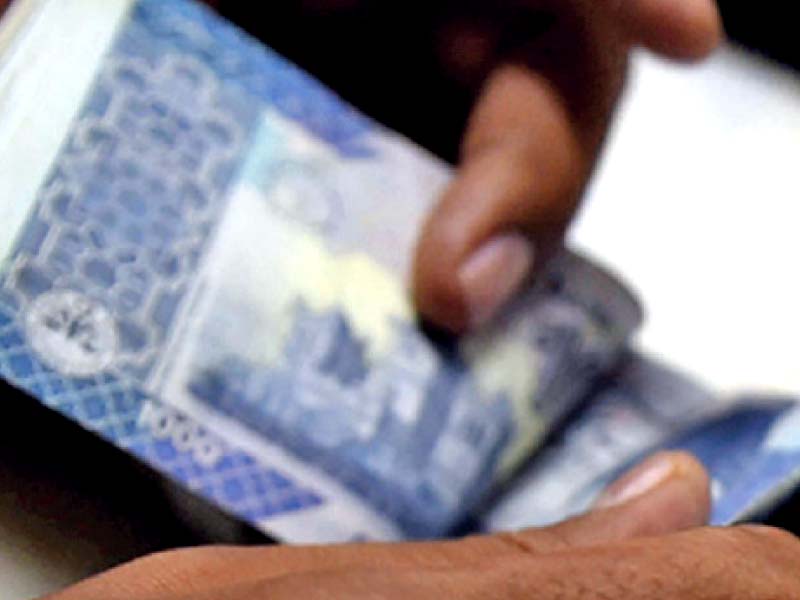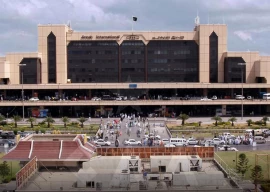
Renowned economist Dr Ashfaque Hasan Khan on Friday said that the government should abandon the narrative of blaming the previous governments of soaring debt, as several members of the past regimes are now part of the incumbent one.
On a lighter note, the former director general debt said that the ones who were part of the previous governments were now part of the current one, adding that they should be asked what went wrong over the years which led to an increase in government debt.
“The narrative of the past should be abandoned now,” Khan said. “The past has now turned into present and become a part of the government.” He was sharing his views in Express News’ talk show, The Review, with hosts – Shahbaz Rana and Kamran Yousaf.
Dr Ishrat Hussain called the 90s’ a “lost decade”, Dr Khan said, adding that the then governments had added $17.4 billion to the total debt.
Khan said that he calls the decade between 2008 and 2018 “the second lost decade” because $55 billion debt was added in that period.
Pakistan’s total debt’s three-fourths was added in these two lost decades, he maintained, saying that he did not want to give a clean chit to the past governments.
When a government borrows more than what is needed, Khan explained, it adds to the total debt. He revealed that the Pakistan Tehreek-e-Insaf government has also added to the total debt, revealing that the total debt was $96 billion when PTI came to power and it will reach $118 billion by June this year.
On the 13.25% interest rate between July 2018 and March 2020, Khan said that the government added roughly Rs1,700 billion by just increasing the interest rate during this period.
“Our interest payment has increased roughly 75 to 80% in just two years … increasing the interest rate was the root-cause of debt and it damaged Pakistan a lot,” he said, adding that the State Bank of Pakistan and the government were equally responsible for increasing the interest rate.
During the discussion, the hosts and the guest agreed to the notion that there was a need to conduct a forensic audit of the “hot money” that came in when the interest rate was raised. “Forensic audit must be done; the same thing happened in Egypt and it was a replica of Egypt here,” Khan said.
Due to the increase in interest rate, Khan said, interest payment was increased and due to the increase in the interest payment, current expenditure was increased, which then led to an increase in the total expenditure.
However, he said, the revenue did not increase at the same speed. Subsequently, he said, the budget deficit increased to 9.1% compelling the government to borrow more to fill the gap. “Larger the deficit, the more you borrow; and we did the same,” he said.
To a question if it was being done deliberately, Khan said that the IMF programme was for this very purpose. He said that he hasn’t seen anyone coming out of the IMF programme.
In the IMF programme, Khan said, bargaining takes place over exchange rate and “there is no economics behind it”. Bargaining happens on interest rate as well, he added, saying that the IMF officials would not say “no” if one convinces them professionally.
The hosts and the guest concluded that the government should come out of the state of denial and the habit of blaming the previous governments because economy directly affects peoples’ lives.



1732003896-0/Zendaya-(1)1732003896-0-165x106.webp)
1731914690-0/trump-(26)1731914690-0-165x106.webp)
1732003946-0/BeFunky-collage-(70)1732003946-0-165x106.webp)


1732002687-0/Untitled-design-(11)1732002687-0-270x192.webp)

1732000005-0/Express-Tribune-(2)1732000005-0-270x192.webp)






1731749026-0/Copy-of-Untitled-(3)1731749026-0-270x192.webp)






COMMENTS
Comments are moderated and generally will be posted if they are on-topic and not abusive.
For more information, please see our Comments FAQ